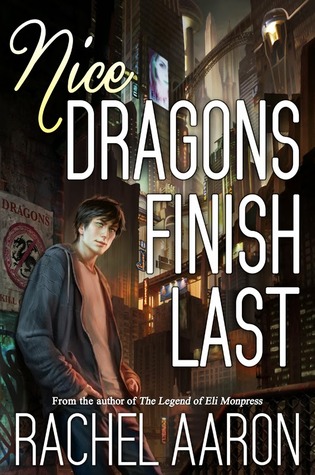Lots of stuff posted since my last Friday Round up, so I’ll just get into it…
Perhaps the thing I’m most pleased with is my Completist column at SF Signal on Matthew (Woodring) Stover’s Acts of Caine sequence:
Each novel in the sequence is proof that as a writer, artist and let me just say it: Creative Force, Matthew Stover is unwilling to retread previous paths, he challenges and reinvents himself (and challenges his readers) with each book. “The Acts of Caine,” particularly the first novel Heroes Die is a novel ahead of its time. Stover tackles grimdark themes seen in the work of Mark Lawrence, Kameron Hurley, and Joe Abercrombie – well over a decade before those books were published. His blurring to decimation of the line dividing Science Fiction from Fantasy, though not new at the time, is something few writers were doing in the very late 1990s when Heroes Die first published. This series is one of the great underappreciated sets of books in the genre, but the people who have read all four, by and large, rank them very highly.
A couple of weeks back, I posted my review of Brian Staveley’s second Chronicle of the Unhewn Throne, The Providence of Fire:
The most welcome element of The Providence of Fire is the increased “screen time” of Adare, and more importantly, Adare as a character with agency who has an effect on events in the story. She goes through a rebirth as she leaves her city and trudges through muck and gathers a cadre of allies in her hope to take back what is hers by birthright and redeem her family’s name. Although the princess has lived a relatively sheltered life of royalty, she is willing to get dirty to see justice for her family and her people. Along the way she finds herself “taken in” by a harsh woman by the name of Nira, whom Adare comes to trust for the woman’s brutal honesty. There’s a threat of death and violence from Nira much of the time they are together, but as their relationship developed, I found some resonance with how Wesley depicts his life as a prisoner of the Dread Pirate Roberts in The Princess Bride by William Goldman.
…The Providence of Fire marks a “leveling up” in character development/story, a spreading out of the world canvas, a deepening of the plot, and the book is longer by about a hundred pages.
Earlier this week, my review of Rachel Aaron’s Nice Dragons Finish Last, the first installment of her self-published urban fantasy series, Heartstrikers:
Julius Heartstriker is the protagonist here, one of the youngest dragons in a long line of dragons – He is the least like his family, an introvert more concerned with continuing his online education and playing MMPORGs until his mother Bethesda kicks him out and tells him she will kill him unless he starts acting like a real dragon. Bethesda, as one might surmise by this small introduction is not a kind dragon (as is befitting her race), for she excommunicates Julius to DFZ, the Detroit Free Zone sealed in his human form…which is fine since Detroit is the one place where Dragons are not permitted by the Algonquin, Lady of Lake, the magical/supernatural ruler of the domain.
...I found the world-building here very interesting and fun; the explanation of how magic and supernatural creatures exist in a near future version of our world to have an interesting starting point. A meteor crashed into Canada in 2035, which triggered a powerful surge of forgotten magic into the world, including spirits that had lain dormant for nearly one thousand years. The action of the novel takes place 60 years after magic’s return, so there is a status quo and a generation of people who have known only a world with magic. So even though this novel reads primarily as an urban fantasy, there are also hints of post-apocalypse in that the world has been changed by a cataclysmic event.
Last but not least, blogger Stuart (SC) Flynn interviewed me for his blog, as a part of his series of interviews with reviewers, podcasters and bloggers.







